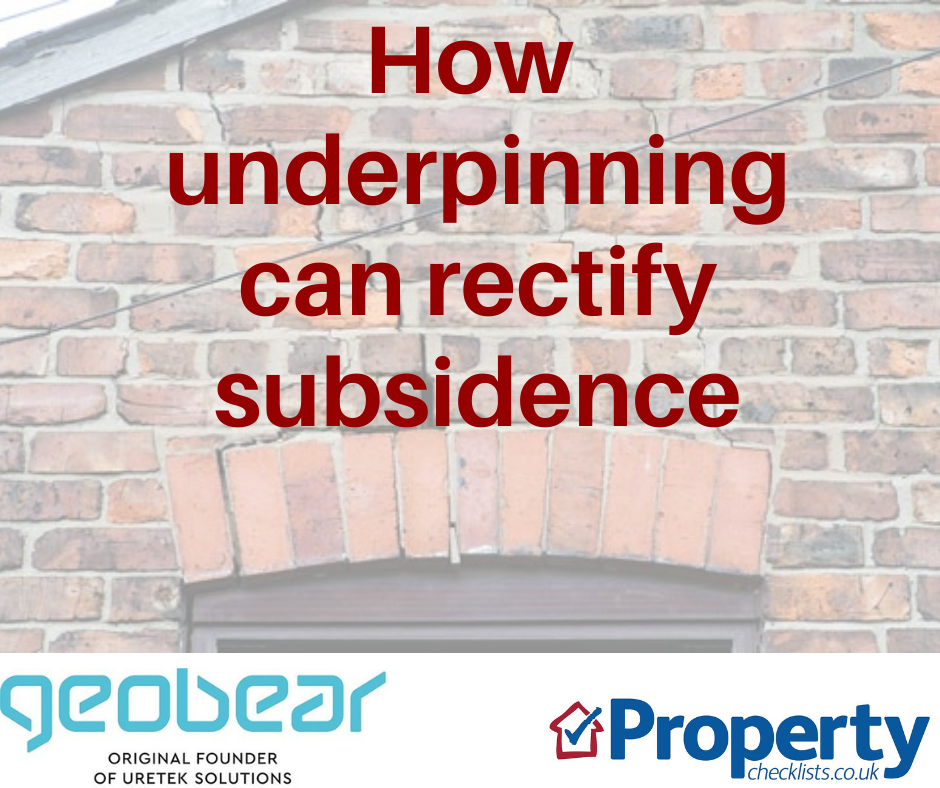
In the main this latest update explains that, in England, from June 2021, some of the protections for tenants from eviction are being relaxed and it’s important to keep track of all these changes.
Thanks to the Coronavirus Act 2020, notice periods for many tenants in England and Wales were extended and these extensions are starting now to be relaxed.
The key changes were made on 28th August 2020 and amended Schedule 29 in the Coronavirus Act 2020 to introduce notice periods in England, which varied depending on the type of tenancy and why the landlord wanted the property back.
Six months – this became the minimum notice period for the majority of tenants up until 31st May 2021. However, if the eviction was due to “anti-social behaviour, serious rent arrears, or where the tenant has no right to rent” then it was possible to evict the tenant more quickly.
New: six month eviction notice period reduced to four months from 1st June 2021 to 30th September 2021. As with the previous exceptions “where there are rent arrears of at least four months, the required notice period will be four weeks”.
And “From 1st August 2021, for rent arrears of less than four months a notice period of two months will be required".
"It’s expected the ‘pre pandemic rules’ will return from 1 October.”
On 23rd July 2020, the Welsh Government extended their notice period for tenants to six months in respect of assured or assured shorthold tenancies (with some exceptions).
The six month notice period in Wales has remained until 30th June 2021.
In England and Wales, evictions were first suspended from 27th March 2020 for a period of 90 days and on 21st August, a further 4-week suspension to 20th September was confirmed. The Civil Procedure Rules were amended at short notice to achieve this. Repossession actions in the courts began again from 21st September 2020.
“A new Practice Direction (PD 55C) was due to come into effect on 23 August 2020 in preparation for the lifting of the stay on possessions. The PD subsequently came into effect on 20 September 2020. It placed new requirements on claimants seeking a repossession order and was initially in place until 28 March 2021, this period was extended to 31 July 2021 on 29 January 2021 (subject to reviews).”
This was extended until 31st May and bailiffs “have been asked not to carry out an eviction if anyone living in the property has COVID-19 symptoms or is self-isolating.”
However, “from 1st June, bailiffs can send out eviction notices and enforce evictions. Given the requirement to provide 14 days’ notice, no evictions are expected until mid-June, except in the most egregious cases and bailiffs have been asked not to carry out an eviction if anyone living in the property has COVID-19 symptoms or is self-isolating.”
In Scotland, the ban has been extended, subject to regular reviews, until 30th September 2021 and in Wales to 30th June 2021, also subject to regular reviews. Certain exceptions apply.
What’s coming up?
This is by no means the end of the changes. According to a report from the Housing, Communities and Local Government Select Committee, they are urging the Government to continue to protect renters by:-
To try and keep up with all the Government changes – some of which even change on the working day before they are introduced – you must have a way of keeping up with these changes or you could get fined or fail to evict a tenant because you didn’t follow the latest procedures.
Two ways you can do this are:-
Sources:
Coronavirus: Support for landlords and tenants
COVID-19 and renting: guidance for landlords, tenants and local authorities
| How underpinning can rectify subsidence - Geobear |
Plumbing checks to make on your home - WaterSafe |
Advantages of a new build property - Barratt |
 |
 |
 |